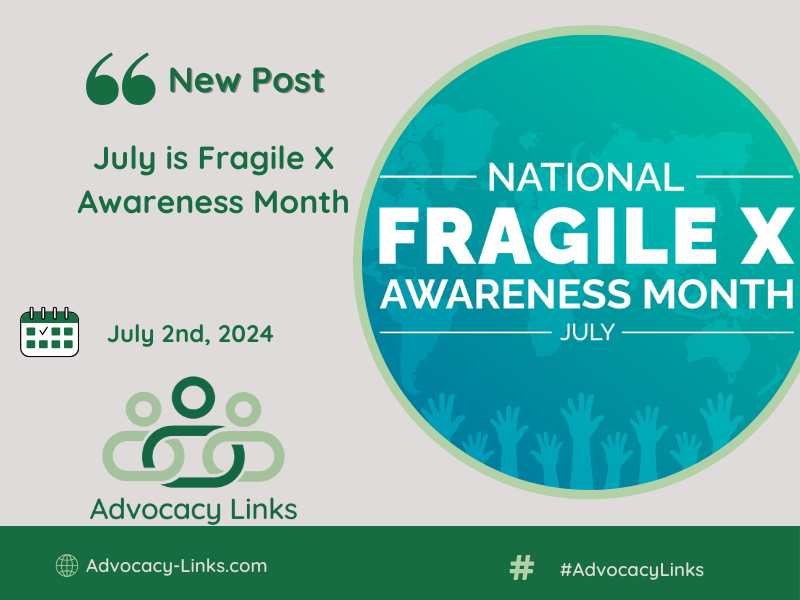Imagine you’re diving into the very essence of what makes us who we are—our genes. Tucked away on one of our chromosomes is a tiny gene that, when it doesn’t work right, leads to something called Fragile X syndrome. It’s like a recipe that’s missing a key ingredient, and this can cause a bunch of different challenges for those affected.
Now, if you’ve got a little one with Fragile X, you might notice they’re not hitting the same milestones as other kids their age, or they might struggle with making friends or get stuck on certain behaviors. But it’s super important to remember that every kid is their own person, and Fragile X is going to look different on each one of them. Catching these things early and getting the right help can make a world of difference.
If you’re a mom, dad, or someone who takes care of a child with Fragile X, you’ve probably got a lot on your mind. What’s going to happen in the future? How can I help my child the best? While we don’t have a fix-it-all cure, there’s a bunch of ways to help your child live their best life. Speech therapy can help them communicate through sign language and/or a communication device. Occupational therapy can help with the day-to-day skills and behavior therapy can teach them how to behave in ways that work better for them.
For additional support and connection with others facing similar experiences, individuals and families can explore online Facebook groups dedicated to Fragile X syndrome.
Indiana Fragile X Families page
Sometimes, doctors might also suggest medicine to help with things like feeling super nervous or having a hard time focusing. But it’s a team effort—you’ve got to work with the pros to figure out what’s going to help your child the most. And don’t forget, there are other families out there dealing with Fragile X too. Linking up with them can give you some great advice and a whole lot of understanding.
Fragile X Therapy Options
1. Speech Therapy: Helps with talking and understanding others.
2. Occupational Therapy (OT): Assists with daily tasks like getting dressed and using utensils.
3. ABA Therapy: Teaches positive behaviors and social skills.
4. Educational Support: Tailored learning plans for academic success.
5. Medication Management: Helps manage symptoms like anxiety, or mood changes.
6. Physical Therapy: Exercise can provide benefits for their muscles.
7. Recreational Therapies: Helps with social interaction.
Sure, Fragile X comes with its fair share of hurdles, but it’s not the whole story. People with Fragile X are doing amazing things out there, chasing their dreams and smashing their goals. It’s all about creating a space where they can shine and show off what they can do.
So, wrapping this up, dealing with Fragile X can feel like a lot, but you’ve got some powerful tools on your side—knowledge and a community that’s got your back. Learning all you can, finding the right help, and celebrating what makes your family member special is the way forward. And always keep in mind, you’re not going at this alone. There’s a whole bunch of folks ready to walk this path with you.
Join us on Facebook and Instagram to spread Fragile X awareness.

